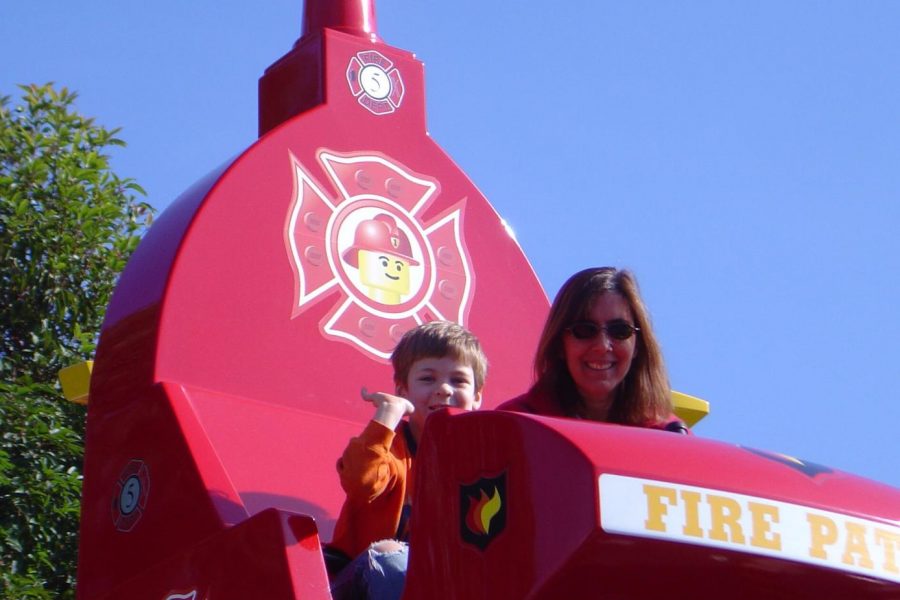Mama
When I was little, I never thought about how different my family was because I had two moms, and one was an immigrant. Growing up, I wanted my family to be like everyone else’s, and I thought it was. Like many of my friends, I have one sibling and two parents. The difference is that I have Mama, who is from Brazil, and Mom, an American military brat. Whether they were driving me to soccer practice, when Mama would ask me “tem seus sapatos?” and I would tap on my shoes and say that I had them; or at dinner, when Mom would say “come as verduras,” and I would reluctantly fork down my greens; or at six a.m. when Mama would yell across the hall from her bed, “você tem treino!” and I would almost fall out of bed to get ready for soccer practice, my moms exuded a comforting normality.
Mama has always emphasized that growing up bicultural means that I should get the best values of both cultures, and block out the worst. What she views as Brazilian values should blend perfectly with what she views as American values. That led to a few clashes between us, especially when she thought I was picking up a negative value.
One particular clash stuck with me, which I tend to think a lot about now. A few years ago, after I had been rude and curt with her, Mama came into the TV room and quietly asked me to turn off the Michigan football game. She sat down next to me on the old, green couch, letting out a breath on her way down. I was immediately on edge because instead of the usual fire that encompassed her when I did something wrong, she was eerily calm — something I had never seen before. She took another breath, and started talking slowly.
“You know nothing but love, from everyone around you. Você imagina como se sente quando a própria mãe chama você o Diabo porque você ama quem você ama?”
Do you know how it feels to have your mom call you the Devil for loving whom you love?
She continued, then, telling me about being brought up Catholic in a conservative society in Brazil in the 1970s, and how all that prejudice and emotional ignorance that existed then convinced my grandma that Mama had been influenced by the Devil for loving another woman. This was the negative part of Brazilian culture that Mama didn’t want me to pick up, the part that prospered under the military dictatorship. Mama and my grandma could not reconcile, so for a few years, Mama — after already having lost her father to a heart attack — did not have a mother.
The story Mama told me affected me profoundly. Instead of lecturing me, she shared a huge part of her background, which made me realize that maybe my family was unusual for giving me nothing but love. She had to be so brave in the 70s to have gay relationships, but for that, she was rejected from her family. Instead of wallowing in despair, she led her life to the fullest without her family’s support. She waited for them to come around and make amends, and wouldn’t have it the other way around. When she tells me to stand up for what I believe in, she does it from experience. Perhaps accidentally, Mama taught me the best way to lead: by example.
I tend to think about what Mama taught me in the TV room a lot lately and try to apply it to my life. Whether as captain of my high school’s soccer team, the opinion editor for my school’s news magazine, a volunteer to make Michigan fairer and more just, or just going about my everyday life, I always try to lead by example, just like Mama taught me.





